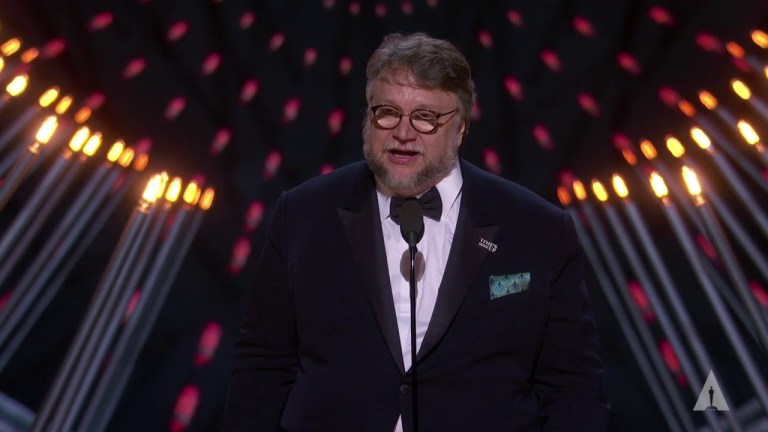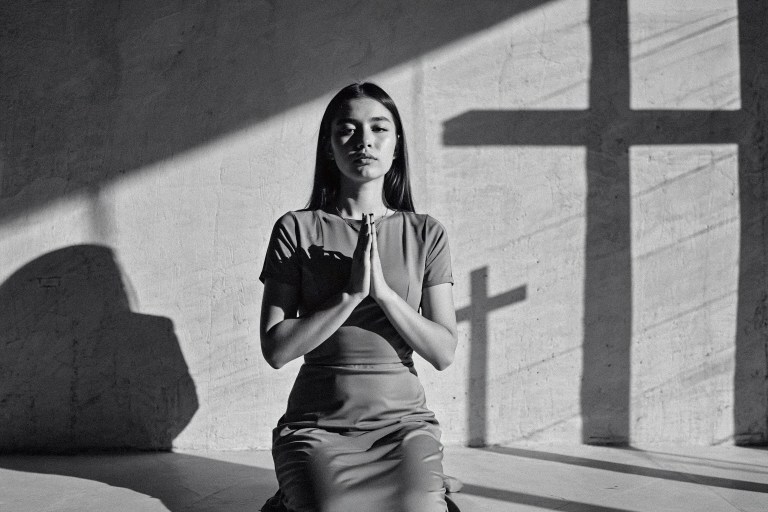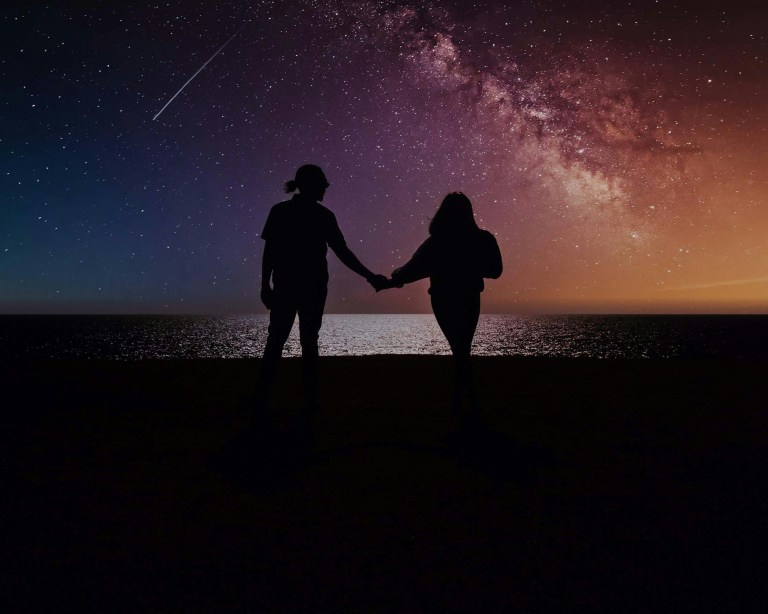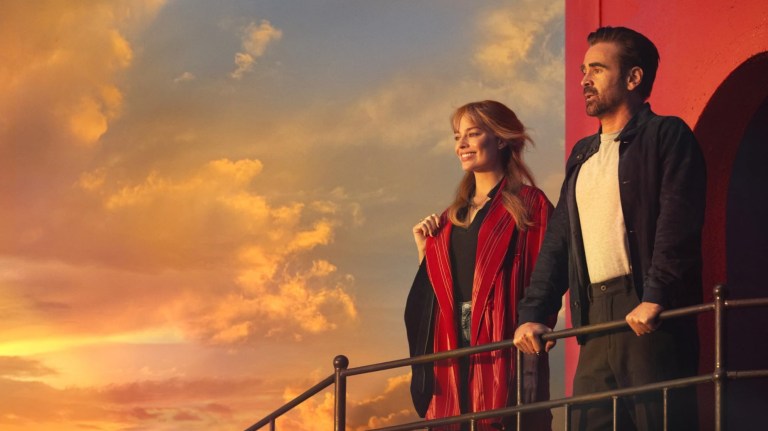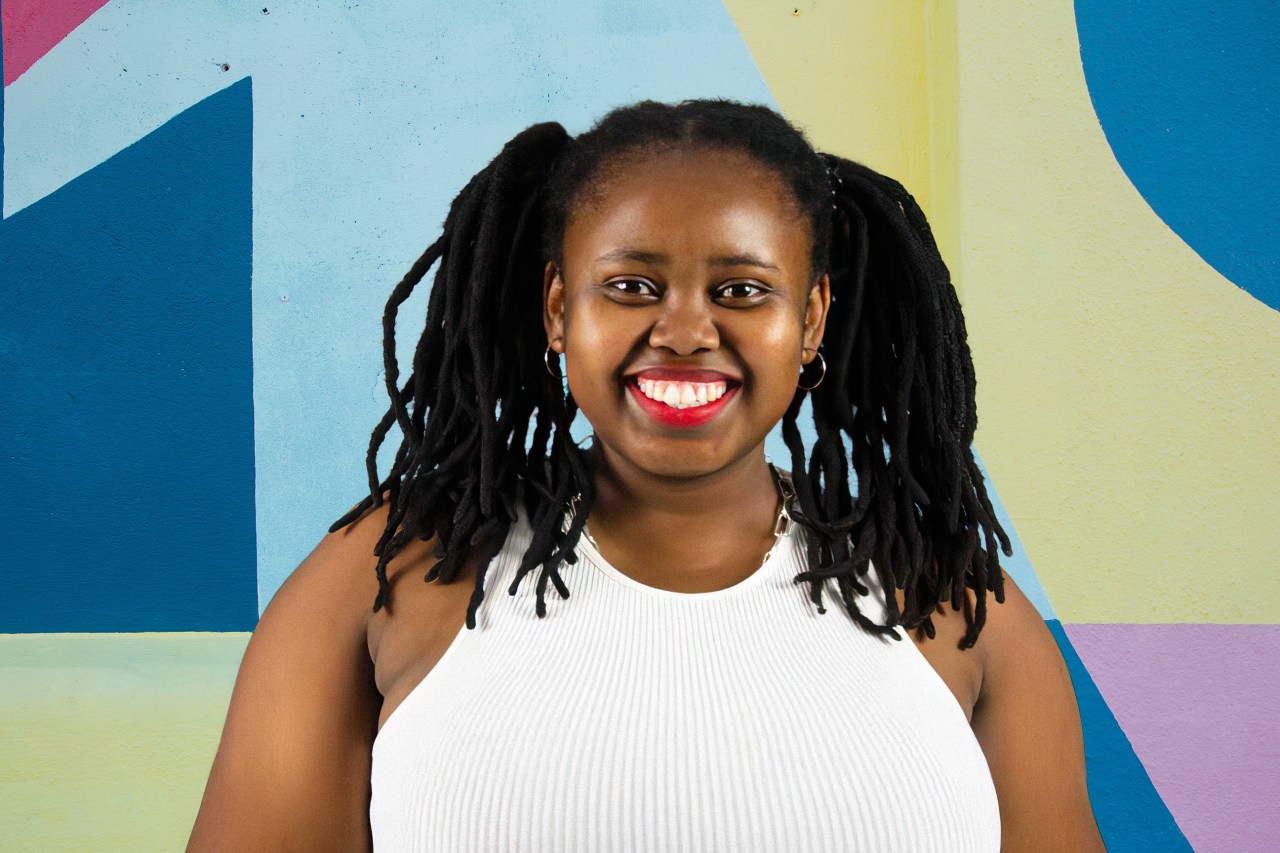
The Life Of An HIVictor Is One That Is Beautiful & Worth Living
By ![]() Saidy Brown
Saidy Brown
A healthy and meaningful life with HIV is determined by many factors. Living with HIV means having to navigate different aspects of one’s life, seeing how it could affect them, and deciding what to do to make the journey bearable.
As someone who was born with HIV and found out about my status in my teenage years, I have felt the impacts of living with this virus in various ways.
My name is Saidy, I am a 28-year-old black, queer woman living with HIV, and this is a piece dedicated to taking you along my journey of life as an HIVictor, in a world that is so determined in making someone like me believe that they are not worthy of equity and access to anything deemed as a privilege by society.
The unfortunate thing about living with HIV is how isolating it can get. The unfair beliefs and negative thoughts about people living with HIV not only isolate us, but it also deprives us of basic, human decency. Going through a journey that is alienating and marginalizing means that we become more prone to mental health issues. I had my first suicide attempt in 2015, at age 20. I had always had the idea as a recurring thought in my mind, which made it difficult for me to not see death as an easier escape from everything.
Disclosing my HIV status at age 18 (an impulsive decision) meant that life as I knew it, was about to change. I speak about stigma a lot, and what we don’t speak enough about is: internal stigma. Internal stigma means how I view myself, what I say about myself, and what I think about the essence of who I am as a person living with HIV.
I believe that disclosing my HIV status on social media kind of eased the burden of HIV on me, and it made me so comfortable that I intentionally chose to never let people’s opinions of me change my views on HIV and disclosure. I am very impulsive, and a validating trait of my impulsive character is my refusal to regret anything I ever decide to do.
Internalized stigma is what I struggled with a lot. My self-image completely changed because I believed I was not worthy of anything. I wanted to deprive myself of the pure essence of living and spent a huge part of my teenage years waiting to die.
It was a very difficult time in my journey with HIV, and it has taught me to love myself and continuously affirm my existence in this world by living my best life with HIV and changing the narrative of what the life of a person living with HIV is meant to look like. This is what has helped me fight to come back to myself regardless of the number of times I start to lose myself.
The beginning of this year was very hard for me. My mental health was at its lowest, and I struggled a lot with reconciling my mind with the fact that I was still on earth because I had a purpose to fulfill. I took it upon myself to try therapy out, and it has not been an easy journey, but it has helped me. I have even gone back to being excited about things I used to love doing. Depression had stolen so much joy from me. I am happy and proud of my courage to always seek help and try to make my life easier in whichever way I try.
Another part of my life that is very connected to my journey with HIV is my sexuality and identity. I am a queer black woman, and in every space or platform I occupy as an activist, I try to bring queer, women living with HIV into the conversation. My advocacy is very personal, and as a direct beneficiary of my activism, I can’t speak about my journey with HIV and not mention my queerness and how that is a huge part of my identity.
Queer, black love is beautiful.
Navigating relationships as a queer woman living with HIV is hard because living with HIV is hardly a conversation we have as queer women. There is not much information and access out there for us to tap into and learn from. My HIV status does not inconvenience my love life or sex life in any way, and I have intentionally made it a point to disclose my status very early in a relationship. I do it because I simply don’t like wasting my time. I do it because while there are some who view my status as a dealbreaker, I view their stigma as a deal breaker and would not want to be with someone who has negative views about those living with HIV.
I hope people living with HIV realize that we are also worthy of love, mind-blowing sex, and wholesome experiences. We do not get the short end of the stick just because we are living with HIV. The power dynamics in serodiscordant relationships are only there because there is this culture around having to be thankful for people who choose relationships with us. We should never have to feel like someone being with us is a favor, or them being charitable.
We are great people, doing great things, and living great lives beyond our HIV status.
I shared my HIV status on Facebook almost ten years ago. Ten years later, I am still so proud of that 18-year-old girl who was so scared yet so determined to stand up to HIV and say I know I was born for a purpose, and not even two lines on an HIV test can stop me. I have done this with an amazing community of friends online who have supported me and loved me. Doing life so publicly, and sharing my experiences is quite uncomfortable for someone as private as I am, but it has come with so much growth, and so much respect for the work I do and for the people (Saidy at number one!!) I do this for. It’s not easy, but the journey of an HIVictor is a beautiful one.
